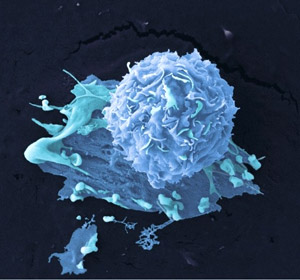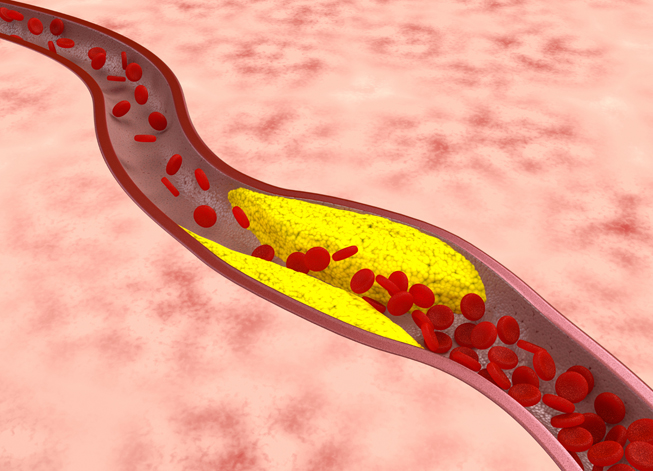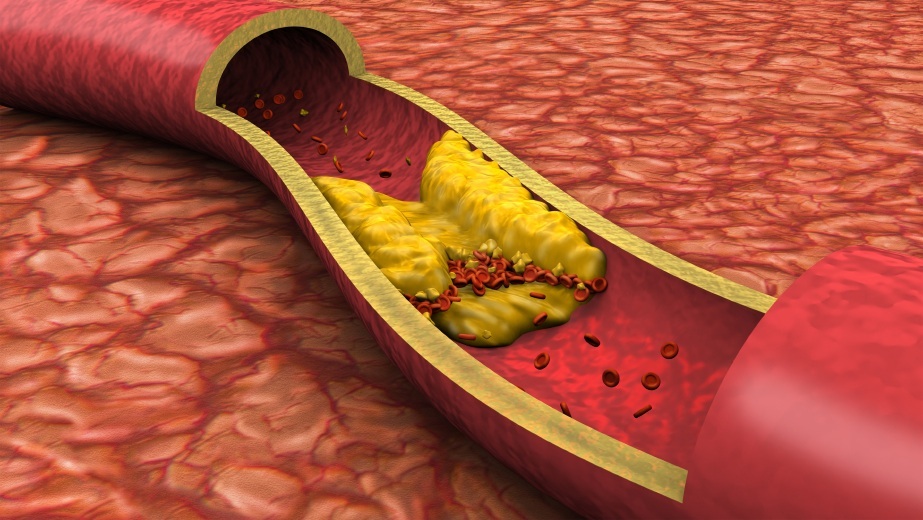NIH
-

New view of dopamine heteromers
Although heteromeric dopamine receptors composed of both D1 and D2 subunits have been proposed to play a role in depression and schizophrenia, recent studies suggest these heteromers do not exist. Read MoreJan 23, 2015
-

Beta cell link to fasting glucose
New findings explain why variation in a particular gene is the most important determinant of fasting blood glucose levels in humans. Read MoreJan 22, 2015
-

VUSM among top 10 in NIH grant support
According to annual figures available through the National Institutes of Health (NIH), Vanderbilt University School of Medicine (VUSM) continues to be ranked among the top 10 in the nation among U.S. medical schools in total grant support provided through the nation’s medical research agency. Read MoreJan 15, 2015
-

Inner ear keeps bones strong
Alterations of the vestibular system - the part of our inner ear that controls balance - may contribute to bone loss related to both aging and space travel. Read MoreJan 14, 2015
-

Cognitive changes in ‘standing’ syndrome
Patients with orthostatic intolerance – problems when standing – have cognitive changes, even when seated, compared to healthy individuals. Read MoreJan 13, 2015
-

Does fish oil help prevent A-fib?
Growing evidence suggests that fish oil, thought to directly prevent inflammation, oxidative stress and heart disease, may have limited clinical utility. Read MoreJan 9, 2015
-

Enzyme affects tumor metastasis
A protein that degrades the “matrix” between cells participates in the development of lung metastases from primary breast cancer in mouse models and may be a good target for breast cancer treatment. Read MoreJan 8, 2015
-

Electrical stimulation ‘tunes’ visual attention using long-term memory
Picking a needle out of a haystack might seem like the stuff of fairytales, but our brains can be electrically “tuned” to enable us to do a much better job of finding what we’re looking for. Read MoreJan 7, 2015
-

Atrial disease and hypertension links
New findings suggest that misfolded proteins accumulate in the heart atria, particularly in patients with hypertension, and may contribute to atrial heart disease. Read MoreDec 18, 2014
-

Target for atherosclerosis therapies
A newly identified “atheroprotective” gene is a tool for exploring plaque pathophysiology and may be a good target for therapies to slow atherosclerosis progression. Read MoreDec 17, 2014
-

Retinal neuron survival in glaucoma
Understanding how the protein TRPV1 helps neurons survive after glaucoma-related stressors could lead to new therapeutic strategies for glaucoma and other neurodegenerative conditions. Read MoreDec 16, 2014
-

Bacterial secretion machinery: 3-D view
New structural findings reveal how "gatekeeper" proteins participate in the secretion systems bacteria use to infect host cells. Read MoreDec 11, 2014
-

New tools to probe manganese biology
Vanderbilt researchers have developed tools to probe the role of the essential metal manganese in neurons, and which offer a started point for developing therapeutic agents for manganese-related neurological disorders. Read MoreNov 26, 2014
-

Protein implicated in atherosclerosis
Vanderbilt researchers have discovered a new target for the prevention of atherosclerotic plaque development and cardiovascular disease. Read MoreNov 25, 2014
-

Life’s extremists may be an untapped source of antibacterial drugs
A family of single-celled organisms that thrive in environments too extreme for most other species to survive may be an untapped source of new antibacterial drugs. Read MoreNov 21, 2014
-

Vanderbilt’s neurovascular chip project moves into new phase
Vanderbilt researchers will play a key role in the second phase of the federal "tissue chip for drug screening" program. Read MoreNov 18, 2014
-

Grant bolsters inguinal hernia repair research
Martin Blakely, M.D., M.S., has been awarded a $3 million federal grant for a multi-center, multi-disciplinary study to examine the safety outcomes of early versus later inguinal hernia repair for premature infants. Read MoreNov 13, 2014
-

New insight on oral cancer culprits
A new mouse model offers insight into the signaling pathways that control oral cancers – and a platform for testing anticancer therapeutics. Read MoreNov 12, 2014
-

Protein “pockets” help ID cancer genes
Vanderbilt investigators have used a computational biology approach to uncover new cancer drivers and biomarkers of anticancer drug response. Read MoreNov 11, 2014
-

Overactive stress response in obesity
An overactive stress response contributes to the development of insulin resistance in obese individuals, and blocking it may be therapeutically beneficial. Read MoreNov 7, 2014